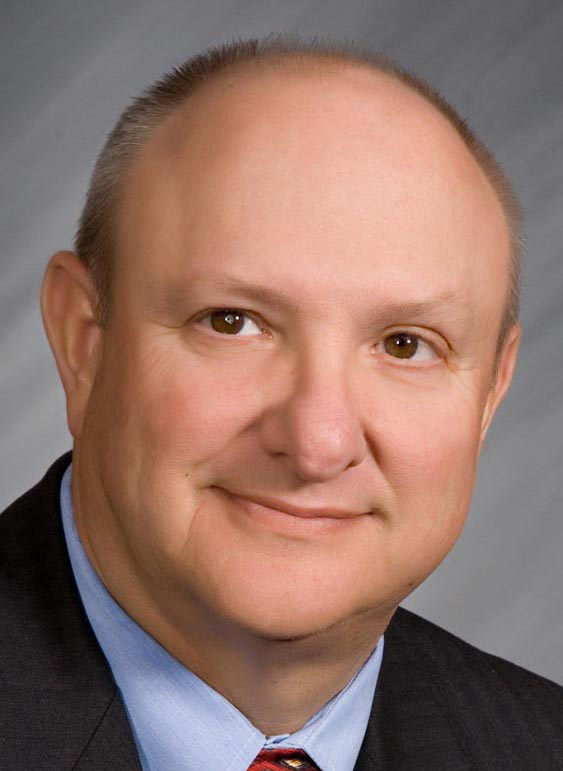Commentary by Pete Smith
The legislative session has wrapped up for the year, but calling it a “short” session would be misleading. Gov. Pence put forth an ambitious agenda and only some it matched up with that of the legislature.
Pence had sought elimination of the business personal property tax. The bill he’ll get, Senate Bill 1, allows a “county income tax council” to exempt any new business personal property (other than utility personal property) from the tax, create super-tax-abatements that can last 25 years, lowers the corporate income tax from 6.5 percent to 4.9 percent and establishes a commission on business personal property and business taxation to study certain issues during the 2014 legislative summer session. It appears the definition of “new” will be important to the collection of this tax in the future.

Pence will also be presented with a bill that would alter the fate of redevelopment commissions in Indiana, a cause long championed by State Sen. Luke Kenley who represents northeast Carmel. SB 118 requires redevelopment commissions to get approval from a city council if they spend more than $5 million to acquire property or the loan repayment period is greater than three years, that a city council can review a commission’s annual budget and can request any information regarding the sale of property and that commissions are subject to public records laws. A clause requiring that Any TIF district established before July 1, 1995, expire by June 30, 2025 (or the last date of any obligations outstanding on July 1, 2015, whichever is later) was removed from the bill during conference committee.
And lastly Pence will get a bill that will allow the voters of Hamilton County (and others surrounding Indianapolis) to choose whether a regional transportation authority should be created and funded using an increase in income taxes. At least 25 percent of its operating costs must come from fares and 10 percent from other sources, most likely public-private partnerships. A corporate tax was removed from the bill as a potential funding source.
The bills will now head to the governor’s desk.




